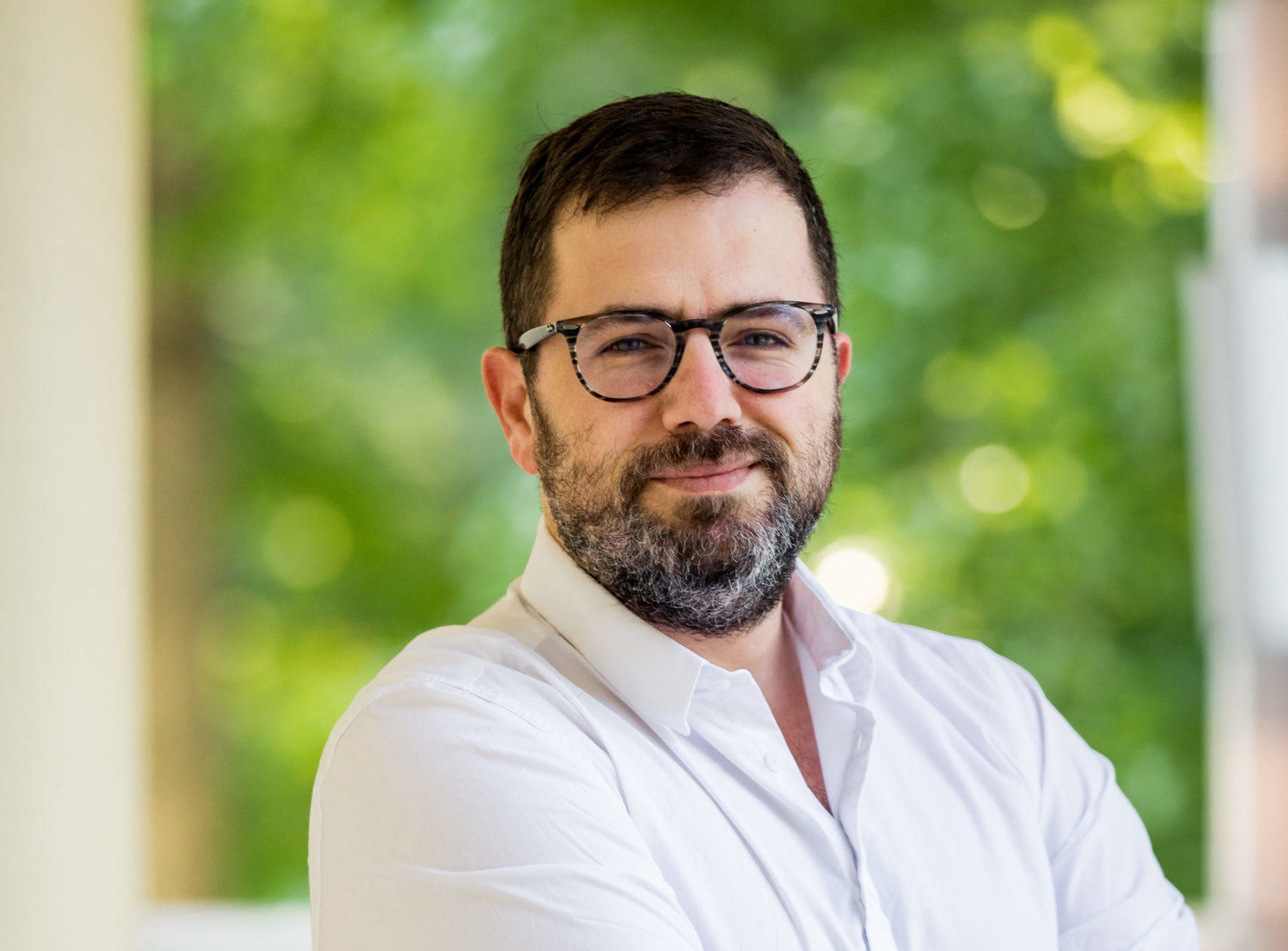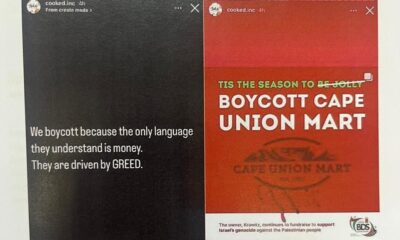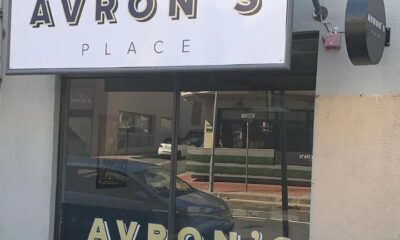
Featured Item

Diamond blazes trail for new leadership at Cape Board
Stuart Diamond has been the executive director of the Cape South African Jewish Board of Deputies (Cape Board) for only two and a half years, but in that time, he’s taken the organisation through rapid change.
As he heads to the United Kingdom, he calls on the community to continue to encourage young people to “put their hands up” to take on professional and lay leadership roles in communal organisations, which will assist continuity, sustainability, and succession.
“There are many challenges facing young professionals today, but they need to see the community as an exciting and dynamic place to build their career,” he says. “We need to continue to professionalise the sector, as can be seen overseas.”
He doesn’t like the expression “big shoes to fill”, and thinks it’s important for fresh leadership to come to the fore. “I prefer the idea of ‘leaving footprints in the sand’. Then, the water washes over those footprints, and there is another opportunity for someone to fill the gap and leave their imprint and vision. It’s important that we keep creating opportunities for talented young people to come in, grow and develop.”
Diamond worked for the Democratic Alliance (DA) as a city councillor in Cape Town for a decade before joining the Cape Board. He says that although it seemed like a big change to go from there to working for the community, in reality he was well-suited to the political nature of his new role, which required internal and external political engagement.
In addition, “the time was right for a life change, and I was assessing not only my value system, but who I was. Through the DA, I had aimed to make the City of Cape Town a better place, and now I was focusing closer to home but aiming to do the same as I had set out to do with the city. The Cape Board was also questioning its identity, and I could play a role in that.”
He is most proud of the recent Cape Board election, which “led to a more diverse and inclusive board, allowing more people to have a voice around the table and to debate a wider range of issues”.
He believes that over the past few years, the Cape Board has been able to “re-align into its lane and deliver on its mandate”. Through more open dialogue and forums, people feel heard and problems are resolved in a community-centric way.
Diamond believes that “relationships with government, the media, academia, and affiliates are the healthiest they’ve been in long time, and work with country communities, interfaith, advocacy, and combating antisemitism have strengthened”. He pays tribute to current Cape Board Chairperson Tzvi Brivik and immediate past Chairperson Rael Kaimowitz “who have worked incredibly hard to get the Cape Board to where it is today”.
However, challenges lie ahead. “There are always going to be governmental challenges, and those relationships need to remain strong. We can never take our foot off the pedal. Then there is the challenge of being a shrinking community with fewer donors and lower birth rates, as well as emigration. This needs to be monitored and tracked.”
He points to much work being done behind the scenes to ensure that the Cape Town Jewish community remains viable, with leadership programmes like the Eliot Osrin Leadership Institute and succession planning across all communal organisations.
Antisemitism and the Boycott, Divestment, Sanctions movement are “real challenges that require attention and focus”, Diamond says.
Regarding his own decision to emigrate, he emphasises that it’s not out of disillusionment or fear. “South Africa is like a ship in the sea. Sometimes it tilts to the left or the right, but essentially it balances out in the centre.
“Through my work at the Cape Board, I was privileged to become a Schusterman Fellow [member of a highly selective leadership-development programme hosted by Charles and Lynn Schusterman Family Philanthropies, for exceptional Jewish leaders from around the world], and I got to see another side of professional Jewry and Jewish life,” Diamond says.
“My wife, Lindy, and I have lived in the City Bowl of Cape Town our whole lives, and its only one viewpoint. We got an opportunity to move, travel, and see the world, and we don’t want to regret not taking up the opportunity. We’ve always loved South Africa, and we’re going on an adventure. We’re certainly not disillusioned or frustrated; we’re just taking the next step on our journey.”
Diamond is joining Moishe House as international grants manager. Moishe House is an international non-profit organisation made up of a collection of homes throughout the world that serve as hubs for the young adult Jewish community.
“I’m excited to take up a role that is more ‘behind the scenes’. For 12 years, I’ve been on the frontlines of work for the city and the community, so this is a bit of a sabbatical, but it’s still community-driven. It will give me time to give back to my family, who have made a lot of sacrifices up until now. It’s a chance to see the world, and I believe you’re never too old to grow and learn.” He emphasises that he’s not cutting ties with the South African Jewish community, and will always be there for advice and discussion.
“There are so many South African Jews overseas, working in international organisations, who are highly skilled and internationally respected. For a small community of 14 000, the level at which we continue to contribute is world class. It’s been an absolute privilege to serve the community, and I am thankful to everyone with whom I interacted.”










